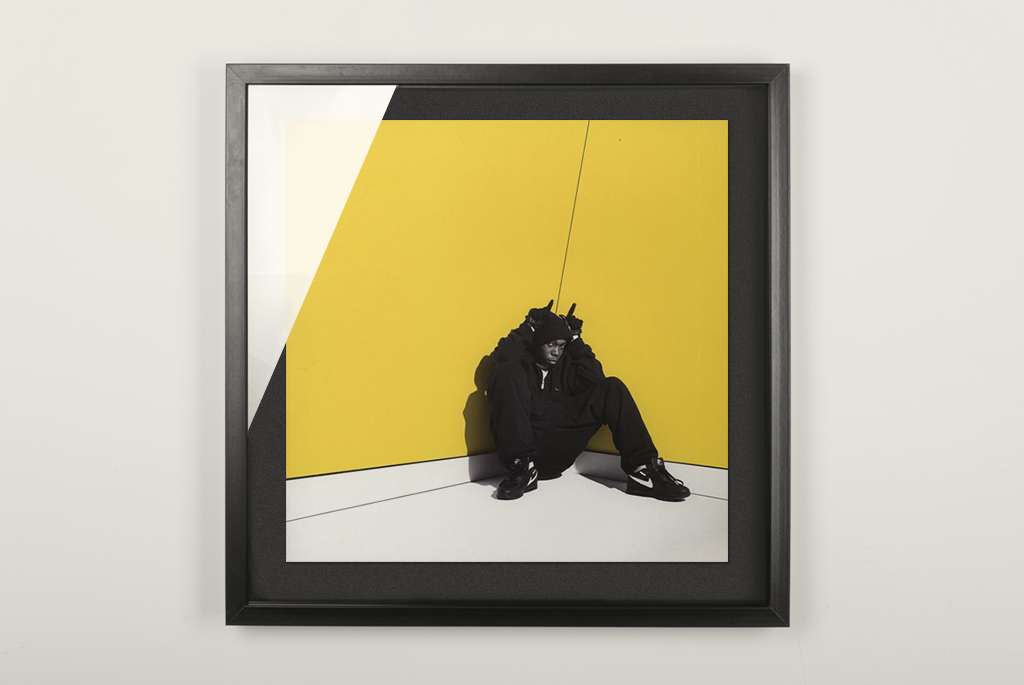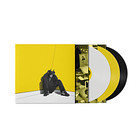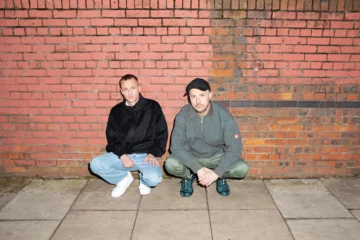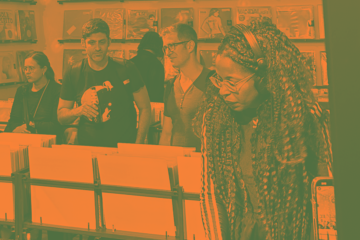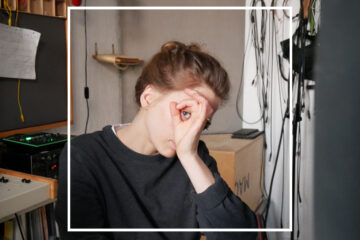England at the beginning of the noughties was a demolished free-market mess in the ashes of 18 years of Tories under Margaret Thatcher and John Major and additional six years under Tony Blair’s no less neoliberal New Labour. Between 1983 and 2001, the poverty rate had nearly doubled. Twenty-seven percent, or 11 million Britons, fell below the breadline poverty line, a relative poverty level below which people can barely make ends meet. Just enough to eat, but too little to participate in society (culturally, economically, etc.).
England at the beginning of the noughties was a demolished free-market mess in the ashes of 18 years of Tories under Margaret Thatcher and John Major and additional six years under Tony Blair’s no less neoliberal New Labour. Between 1983 and 2001, the poverty rate had nearly doubled. Twenty-seven percent, or 11 million Britons, fell below the breadline poverty line, a relative poverty level below which people can barely make ends meet. Just enough to eat, but too little to participate in society (culturally, economically, etc.).
That Dizzee Rascal skimmed the Mercury Music Prize for Best Album in 2003 at all can be understood ironically as a counter-neoliberal trickle-up effect. The awareness that England was bleeding to death had reached the middle class. In the end, Dizzee Rascal not only beat out the omnipresent glam rockers of The Darkness, but also passed Coldplay’s »A Rush Of Blood To The Head,« which became the world’s best-selling British album that year. For the jury of the prestigious award, zeitgeist was an important criterion. And the world that Dizzee Rascal reflected musically and lyrically on »Boy In Da Corner« was an anemic mental wreck, angry and aggressive, grounded and filthy – in short: Grime.
Ausgeblutete Jugend
I’m just sitting here, I ain’t saying much I just think
And my eyes don’t move left or right they just blink
I think too deep, and I think too long
Plus I think I’m getting weak cos my thoughts are too strong
I’m just sitting here, I ain’t saying much I just gaze
I’m looking in to space while my CD plays
I gaze quite a lot, in fact I gaze always
And if I blaze1, then I just gaze away my days
Cos it’s the same old story, shutters, runners, cats and money stacks
And it’s the same old story, ninja bikes, gun fights and scary nights
And it’s the same old story, window tints and gloves for finger prints
Yeah it’s the same old story, police investigate around the area
Cos it was only yesterday we was playing football in the streets
It was only yesterday none of us could ever come to harm
It was only yesterday life was a touch more sweet
Now I’m sitting here thinking wagwan. (Get me wagwan)2
(from »Sittin’ Here«)
lready with the opener »Sittin’ Here« Dizzee Rascal dropped the listeners directly into the abyss of bleak reality. No appeasement with bling-bling party escapism, no hope for self-empowerment reciting uplifting neo-lib phrases. In this world there was (and is) no change. Nothing new to see, no more awakening. Here, the stagnation of being left behind prevails, in which the same and extremely limited patterns are repeated over and over again. This is even more true for the youth that Dizzee Rascal himself represented on his album. When the album was released, the musician born as Dylan Kwabena Mills was just 18 years old. He had written the oldest song (»I Luv U«) at 16.
The world Dizzee Rascal reflected musically and lyrically on »Boy In Da Corner« was an anemic mental wreck, angry and aggressive, down and dirty – in short: grime.
»Boy In Da Corner« was thus also a coming-of-age album by a young person who had slid unprepared from the relative lightheartedness of childhood into adolescence. In which the lack of perspective suddenly became evident and mixed with the basic insecurity of young men threatening to collapse from testosterone flashes, dysfunctional or absent father figures, and an upbringing on patriarchal pop culture tropes. Which teach a form of respect that feeds on fear alone. Which defines masculinity by brutality, sexism, and complete emotional dissociation. Which allows men to infantilely blame their own asshole behavior on others (and get away with it).
Broken masculinity close up
In this classic patriarchal world, love and closeness are foreign words that must be numbed at all costs. It is in these moments that »Boy In Da Corner« is most intriguing and topical, even 20 years later and in the light of growing success of misogynists like Andrew Tate. For nowhere else is the infantility, self-harm and ridiculousness of this thoroughly broken masculinity image of dominance and control more apparent than in the many sexist-misogynistic braggings of a 16- to 18-year-old Dizzee Rascal.
Repeatedly, young women are accused of merely making love a game, while the male protagonist bases his respect on as many non-committal fucks as possible. Still, boys are never responsible for teenage pregnancies. Their task is only to persuade the young woman as effectively as possible to have an abortion, as Dizzee Rascal explained apparently from his own experience in an interview with Riddim magazine in 2003: »I slipped out of [early fatherhood]. I can talk my way out of things. I twanged – twanged means to try and persuade someone – my way out, make them think maybe they shouldn’t [have a kid], regardless of if they really want it. I, like, twisted their mind around.«
Nowhere else is the infantility, self-harm and ridiculousness of this thoroughly broken masculinity image of dominance and control more apparent than in the many sexist-misogynistic braggings of a 16- to 18-year-old Dizzee Rascal.
In this world, every interaction is about fighting each other, never coming together. And kissing and cuddling are dismissed as occupations of neutered men, a.k.a husbands. The almost satirical climax of this whimsical masculinity is found in the song »Round We Go,« in which various forms of licking during sex are declared unmanly. Hopefully Dizzee Rascal has been enlightened in the last 20 years. Because if you follow Dizzee’s voice, not even he experienced pleasure in his sex tales. It’s a good thing that bell hooks’ book »Men, Masculinity and Love« was published that same year and offered men like the young Dizzee Rascal a way out of this mental death.
At the same time, Dizzee Rascal was well aware of his broken existence and mind. That even in his lyrical self-exaltation he was no different from the other guys from whom he tried so hard to stand out. In the album-closing song »Do It«, Dizzee Rascal finally collapses. All the bragging before fades into meaninglessness, adolescent existential angst, and hopelessness, gripped by a leaden agony. »Boy In Da Corner« never was the celebrational album. As tough as the lyrics came across, in his hyper-fast rapping Dizzee Rascal appears to be desperate, hounded and exhausted throughout. His narratives present him as neither man nor human, but zombie.

